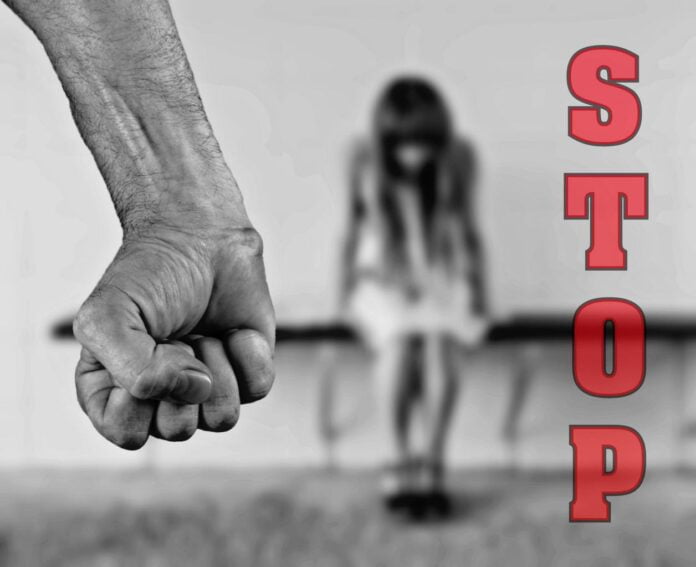India has been rocked by a nationwide strike of doctors, ignited by the horrific rape and murder of a 31-year-old female doctor in Kolkata, West Bengal. This tragedy has not only sparked outrage across the country but has also highlighted the growing concerns over women’s safety and the security of healthcare professionals in India.
A Nationwide Protest: A Call for Justice
The Indian Medical Association (IMA), representing over a million doctors across the country, spearheaded the strike, which saw hospitals and clinics turning away non-emergency patients. The strike was not just a protest against the brutal crime but also a desperate cry for systemic changes to protect women and medical professionals from violence.
The IMA described the killing as a “crime of barbaric scale,” reflecting the pervasive lack of safe spaces for women in the country. The association called on the entire nation to support their struggle for justice, emphasising the need for immediate and effective action to prevent such atrocities in the future.
Escalation of Violence and the Response
The situation took a grim turn when a mob vandalised the hospital where the incident occurred, further escalating tensions. The vandalism, which resulted in the ransacking of the emergency ward at R G Kar Medical College, added fuel to the already burning fire of public outrage. The IMA responded by demanding a thorough investigation into both the murder and the subsequent acts of violence.
In their statement, the IMA emphasised the need for a “meticulous and professional investigation” and called for the prosecution of those responsible for the vandalism. They also demanded compensation for the victim’s family and stronger laws to protect medical staff from violence.
A Deeper Crisis: The Insecurity of Medical Professionals
The strike has also shone a light on the long-standing issue of violence against doctors in India. According to R.V. Asokan, the president of the IMA, this incident has brought to the forefront the dangerous reality that “everywhere doctors are unsafe.” The fact that such a heinous crime could occur in a major city’s medical college highlights the severe vulnerability of healthcare workers across the nation.
Doctors in several government hospitals had already begun indefinitely halting elective procedures earlier in the week, signaling their frustration and fear. The IMA has since issued a list of demands aimed at bolstering security in hospitals, including increased security measures, the creation of safe spaces for medical staff to rest, and stronger legal protections against violence.
A Nation in Mourning and Protest
The brutal rape and murder of the young doctor have sent shockwaves through the nation. Her half-naked body, discovered in a seminar hall at the medical college, bore extensive injuries, a grim testament to the violence she suffered. A hospital volunteer has been arrested in connection with the crime, but the case has since been transferred to India’s Central Bureau of Investigation (CBI) amid widespread criticism of the local police’s handling of the case.
The incident has reignited national debates about women’s safety in India, with Prime Minister Narendra Modi calling for severe and swift punishment for those responsible for such “monstrous behaviour.” The tragedy has also sparked a political blame game in West Bengal, with the opposition Bharatiya Janata Party (BJP) accusing the ruling Trinamool Congress Party (TMC) of complicity in the attack. The TMC, in turn, has denied these allegations, blaming “political outsiders” for inciting violence.
A Growing Movement for Change
In the days following the incident, protests have erupted across India, with tens of thousands of women participating in marches and demonstrations demanding better protection and freedom from fear. The Reclaim the Night march in West Bengal saw thousands of women taking to the streets to demand their right to live independently and without fear. While most protests remained peaceful, some were marred by clashes between police and unidentified men, resulting in several arrests.
Protests have also spread to major cities like Delhi, Hyderabad, Mumbai, and Pune, as citizens from all walks of life rally for change. The movement has instilled a renewed sense of hope among many, as protesters call for systemic reforms to protect women and ensure justice for victims of violence.
A Turning Point for Women’s Safety and Healthcare Security
The nationwide doctors’ strike in India is more than just a response to a single tragic event; it is a call to address the deep-seated issues of women’s safety and the security of healthcare professionals. As the country grapples with the implications of this horrific crime, there is a growing demand for action to create safer environments for women and medical staff alike. This moment could serve as a turning point, pushing for the necessary reforms that have been long overdue.
Further Reading




